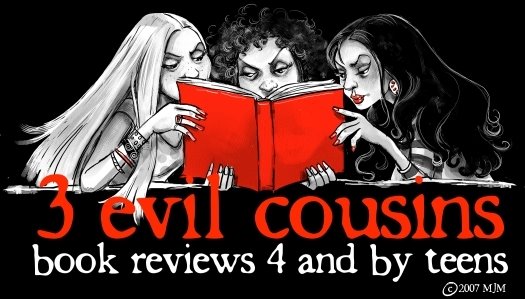Make sure you have ample time to read this book before you pick it up because once the tapes start, you can't stop. It was painful to put this book down. Every fiber in my soul wanted to continue reading to find out what made poor Hannah kill herself. Jay Asher does an excellent job of making the reader sympathize with Clay. Every feeling of confusion, of guilt, or of sorrow that Clay experiences is not only felt by Clay. The reader can not help but feel it too. I cried when Clay did and when Clay was furious and wanted to throw a rock, so did I (only I threw a capped pen at a wall instead because I figured it would do less damage). Stories about death, especially suicide, bring out strong emotions in all of us, whether those emotions are grief, anger, or indifference. It's interesting to see what characters have reactions similar to our own. Are we like Clay, who regrets not trying harder to help her with a passion that burns stronger than a thousand wildfires. Or, are we like certain other characters, who just wish they could move on with their lives with out having to worry about Hannah's tapes trashing their reputations. It is enlightening to observe our reactions to the handful grievances that, unfortunately, led to Hannah's death.
All in all, this book is a thrill ride from start to finish. I don't mean like roller coaster thrills or scary movie thrills, more like intense events that make the reader want/need to continue reading. The book, unfortunately, seems to blow by in a heart beat, but it is totally worth all of our time. It is insightful, it is eloquently written, and its message will never be forgotten.
I give 13 Reasons Why by Jay Asher a killer (No pun intended. Well... maybe a little pun)
5 out of 5 daggers

Questionably yours,
Gabriel Gethin





